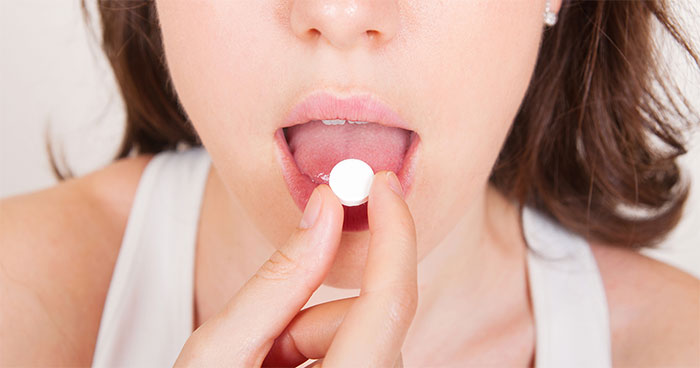Female sexuality is wonderfully complex, extending beyond genital blood flow into the deeper realms of emotions, relationships, and self-image. When libido lags, some women turn to so-called “female Viagra” medications like Addyi and Vyleesi seeking a quick fix. But can a pill truly reignite the spark of feminine passion and pleasure? In this in-depth article, we will explore how women’s sexuality really works, take an honest look at what these libido-lifting drugs can and can’t do, and consider more holistic, patient-centered alternatives for revitalizing intimate fulfillment long term.
The Intricacies of Women’s Sexual Desire:
For women, arousal begins in the mind. While male sexuality centers more singularly on physical genital response, female desire encompasses a tapestry of psychological, emotional, and physical factors. Stress levels, relationship happiness, body confidence, hormone balance, and mental well-being all profoundly shape a woman’s libido and sensual experience. Sexual desire also naturally fluctuates over a woman’s lifespan due to age, life circumstances, and health changes.
Given these complexities, drugs targeting select brain chemicals offer a reductionist approach unlikely to address the root factors underlying many women’s sexual difficulties. While medications may temporarily enhance arousal by a small degree, they fail to nurture a lasting passion that engages a woman’s whole self.
How ‘Pink Pills’ Attempt to Boost Libido:
Medications like Addyi (flibanserin) and Vyleesi (bremelanotide) work by altering brain chemicals such as dopamine and serotonin linked to sexual interest. Addyi minimally raises dopamine while lowering serotonin. Vyleesi activates receptors for hormones like melanocortin. Both aim for a subtle uptick in sexual desire.
However, clinical trials demonstrate only mild benefits at best. On average, women taking these pills report approximately one extra “satisfying sexual event” per month compared to women taking a placebo. For many women, this modest increase barely seems worth the side effects, which can include nausea, dizziness, sleepiness, vomiting, and hypotension.
Critically considering these medications’ risk-benefit profiles, their ability to truly enhance feminine sexual well-being remains questionable. While they may help some women to a small degree, they fail to address the multifaceted roots behind lagging libido for most.
Exploring More Holistic Avenues for Lasting Fulfillment:
Rather than reaching for a pharmaceutical quick fix, many women find more satisfying success by exploring avenues like:
- Stress management and anxiety reduction techniques
- Couples counseling to improve intimate communication
- Physical therapy to address pain or tight pelvic floor muscles
- Vaginal moisturizers, lubricants, or low-dose estrogen to relieve dryness
- Hormone balancing through diet, exercise, or bioidentical hormones
- Building self-esteem and positive body image
- Sensuality workshops and feminine intimacy coaching
- Developing mindfulness and confidence
While these solutions demand more patience, self-care, and commitment than simply popping a pill, they often bring more profound and lasting improvements in sexual well-being. By addressing obstacles to arousal in a personalized, woman-centered way, holistic options aim to help women reconnect with sensuality on physical, emotional, and spiritual levels.
The Takeaway: Supporting Women’s Sexuality Beyond Medication
Female sexual vitality blooms exquisitely from a woman’s whole self in harmony – body, mind, and spirit. While Viagra-like pills offer a narrowly focused biochemical approach, we must thoughtfully consider all dimensions of women’s intimate lives and what women truly need to thrive sensually. With compassion, self-love, and the freedom to discover one’s deepest feminine desires, passionate fulfillment can flourish for the long term.
